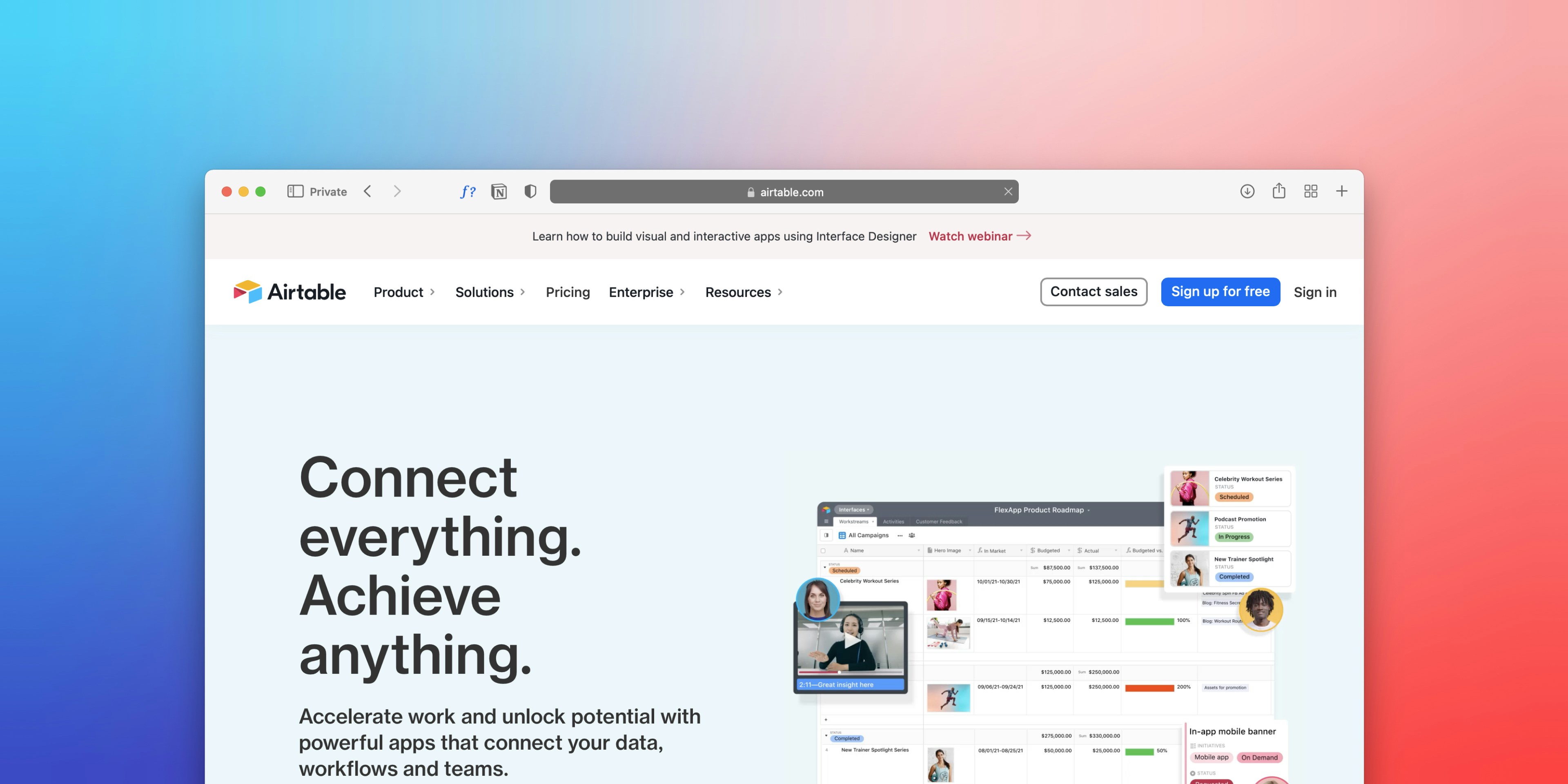-p-2000.png)


Hybrid Bidding: A Google Ads Bidding Strategy That You Must Try

Tired of using tried-and-traditional tactics of improving your search campaigns? At Seattle New Media, we have been brewing up an interesting strategy; using which, our clients have been experiencing decreases in CPC and increases in conversion volume.
We are a PPC management services provider, with our focus on ideating newer and innovative ideas for improving engagement and conversion rates. Having identified machine learning and automation as the backbone of Google Ads, we advocate and encourage our clients to opt for smart bidding, among other things.
Most companies, today, are turning to smart bidding as a medium to improving their search campaigns and you should too, if you haven’t already. So, what makes smart bidding different from manual CPC?
Chris Gonzalez in his article "The Smart Case For Smart Bidding" gives an in-depth understanding on what is Smart Bidding and how it differs from Manual CPC.
See his thoughts below:
"Smart Bidding is a collection of different automated bidding strategies that use machine learning in your Google Ads account to help advertisers reach their goals.
Manual CPC has been one of the most common Google Ads optimization tactics for many advertisers in the past. But with Google’s Smart Bidding options, your account can reach new heights you never even knew were possible.”
Nowadays, as we discussed, a number of companies are implementing smart bidding – it is a way to ensure Google has more control within the campaign. Since there are so many advertisers out there using smart bidding, how can we remain ahead of the competition and succeed at the auctions?
This article, with insights from Harrison Carroll’s article on Hybrid Bidding, intends to give you an understanding of hybrid bidding.
According to experts, combining hybrid bidding with smart bidding in search campaigns can give you further leverage – one which is not available at the campaign level, with CPC having maximum bid limits.
Understanding hybrid bidding
Hybrid bidding, often referred to as portfolio bid strategies, is becoming an increasingly important part of search campaigns these days.
"An automated, goal-driven bid strategy that groups together multiple campaigns, ad groups, and keywords. Portfolio bid strategies automatically set bids to help you reach your performance goals. They include the following Smart bidding strategies: Target CPA, Target ROAS, Maximize conversions, Maximize conversion value, Maximize clicks, and Target impression share.
Once you create a portfolio strategy, it will be stored in your Shared Library. This is the central location for managing your portfolio bid strategies and tracking their performance.”
Why choose portfolio bid strategies?
1. Enhanced optimization speed within a group of campaigns: Portfolio bid strategies come with the combined power of knowledge acquired from all campaigns -faster the learning period, faster the rate of optimization.
2. Provision to layer Max CPC bid limits on top of target CPA campaigns, providing an extra leverage that the native techniques fail to offer.
Takeaway: Combining or layering portfolio bid strategies on top of target CPA campaigns will give you a new option under the Target CPA goal in the “Advanced Options” dropdown.
Plan your campaign well
Here are a few tips that you might want to consider for the campaign’s success:
1. Group keywords into campaigns based on similar average CPCs
Start by grouping the keywords based on similar average CPCs before setting a max CPC bid limitation on your campaigns. This is intended to help set up unique max CPC bid limits for each group.
2. Group campaigns into portfolio bidding strategies based on similar Target CPA goals
Are you overriding the Target CPA goal at the ad group level?
If not, you need to understand that your portfolio bid strategy would create a “one-size-fits-all” rule for the campaigns that fall under its hood. This makes it important to group campaigns within the same portfolio bid strategy, in case the Target CPA goals are related to each other.
Is this strategy for you?
Before you start using the strategy, it is important to understand where it can be used:
- PPC advertising scenario, wherein you are bidding on competitive keywords, with limited budget
- PPC advertising scenario, wherein the focus is on reducing the average CPA of your current tCPA efforts
- PPC advertising scenario, wherein the focus is on avoiding high CPCs in the Google Ads auction
- PPC advertising scenario, wherein the focus is to add an extra cover of insurance as you tend to scale spend on your target CPA campaigns
- If you belong to an industry with competitive keyword markets and varying CPC costs
If you are a PPC advertiser who fits into any of the following categories, avoid using the strategy:
- Hoping that it would help you dominate search impression share for targeted keywords
- Have explicit goals – one where you intend to increase conversion volume for your target keywords
- Launching a new brand from scratch
Summary
- By pairing max CPC bid limits with tCPA will help you inform the Google Ads algorithm to be extra cautious when entering into auctions
- Don’t mistake this strategy to be a one-size-fits-all solution. In order to avoid complete restriction of traffic to your higher CPC keywords, your campaign and portfolio bid strategy structure should take the average CPC of your keyword groups into consideration.
- If you’re planning a PPC advertising strategy for bidding on competitive keywords, within your budget, then go for the hybrid strategy.
Would you like some help with setting up a portfolio bid strategy?
Seattle New Media is an experienced digital marketing agency and our team can help you with some of the best-in-class practices to set up the best hybrid strategy. Contact us today!

FAQ
Editorial Team
Publisher
Tired of using tried-and-traditional tactics of improving your search campaigns? At Seattle New Media, we have been brewing up an interesting strategy; using which, our clients have been experiencing decreases in CPC and increases in conversion volume.
We are a PPC management services provider, with our focus on ideating newer and innovative ideas for improving engagement and conversion rates. Having identified machine learning and automation as the backbone of Google Ads, we advocate and encourage our clients to opt for smart bidding, among other things.
Most companies, today, are turning to smart bidding as a medium to improving their search campaigns and you should too, if you haven’t already. So, what makes smart bidding different from manual CPC?
Chris Gonzalez in his article "The Smart Case For Smart Bidding" gives an in-depth understanding on what is Smart Bidding and how it differs from Manual CPC.
See his thoughts below:
"Smart Bidding is a collection of different automated bidding strategies that use machine learning in your Google Ads account to help advertisers reach their goals.
Manual CPC has been one of the most common Google Ads optimization tactics for many advertisers in the past. But with Google’s Smart Bidding options, your account can reach new heights you never even knew were possible.”
Nowadays, as we discussed, a number of companies are implementing smart bidding – it is a way to ensure Google has more control within the campaign. Since there are so many advertisers out there using smart bidding, how can we remain ahead of the competition and succeed at the auctions?
This article, with insights from Harrison Carroll’s article on Hybrid Bidding, intends to give you an understanding of hybrid bidding.
According to experts, combining hybrid bidding with smart bidding in search campaigns can give you further leverage – one which is not available at the campaign level, with CPC having maximum bid limits.
Understanding hybrid bidding
Hybrid bidding, often referred to as portfolio bid strategies, is becoming an increasingly important part of search campaigns these days.
"An automated, goal-driven bid strategy that groups together multiple campaigns, ad groups, and keywords. Portfolio bid strategies automatically set bids to help you reach your performance goals. They include the following Smart bidding strategies: Target CPA, Target ROAS, Maximize conversions, Maximize conversion value, Maximize clicks, and Target impression share.
Once you create a portfolio strategy, it will be stored in your Shared Library. This is the central location for managing your portfolio bid strategies and tracking their performance.”
Why choose portfolio bid strategies?
1. Enhanced optimization speed within a group of campaigns: Portfolio bid strategies come with the combined power of knowledge acquired from all campaigns -faster the learning period, faster the rate of optimization.
2. Provision to layer Max CPC bid limits on top of target CPA campaigns, providing an extra leverage that the native techniques fail to offer.
Takeaway: Combining or layering portfolio bid strategies on top of target CPA campaigns will give you a new option under the Target CPA goal in the “Advanced Options” dropdown.
Plan your campaign well
Here are a few tips that you might want to consider for the campaign’s success:
1. Group keywords into campaigns based on similar average CPCs
Start by grouping the keywords based on similar average CPCs before setting a max CPC bid limitation on your campaigns. This is intended to help set up unique max CPC bid limits for each group.
2. Group campaigns into portfolio bidding strategies based on similar Target CPA goals
Are you overriding the Target CPA goal at the ad group level?
If not, you need to understand that your portfolio bid strategy would create a “one-size-fits-all” rule for the campaigns that fall under its hood. This makes it important to group campaigns within the same portfolio bid strategy, in case the Target CPA goals are related to each other.
Is this strategy for you?
Before you start using the strategy, it is important to understand where it can be used:
- PPC advertising scenario, wherein you are bidding on competitive keywords, with limited budget
- PPC advertising scenario, wherein the focus is on reducing the average CPA of your current tCPA efforts
- PPC advertising scenario, wherein the focus is on avoiding high CPCs in the Google Ads auction
- PPC advertising scenario, wherein the focus is to add an extra cover of insurance as you tend to scale spend on your target CPA campaigns
- If you belong to an industry with competitive keyword markets and varying CPC costs
If you are a PPC advertiser who fits into any of the following categories, avoid using the strategy:
- Hoping that it would help you dominate search impression share for targeted keywords
- Have explicit goals – one where you intend to increase conversion volume for your target keywords
- Launching a new brand from scratch
Summary
- By pairing max CPC bid limits with tCPA will help you inform the Google Ads algorithm to be extra cautious when entering into auctions
- Don’t mistake this strategy to be a one-size-fits-all solution. In order to avoid complete restriction of traffic to your higher CPC keywords, your campaign and portfolio bid strategy structure should take the average CPC of your keyword groups into consideration.
- If you’re planning a PPC advertising strategy for bidding on competitive keywords, within your budget, then go for the hybrid strategy.
Would you like some help with setting up a portfolio bid strategy?
Seattle New Media is an experienced digital marketing agency and our team can help you with some of the best-in-class practices to set up the best hybrid strategy. Contact us today!
FAQ
Editorial Team
Publisher




Hi, I'm Mike!
If you are enjoying the article, feel free to subscribe to our monthly newsletter.
If you have any project requirements, please contact us.







.png)









